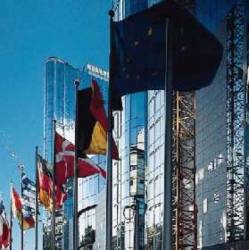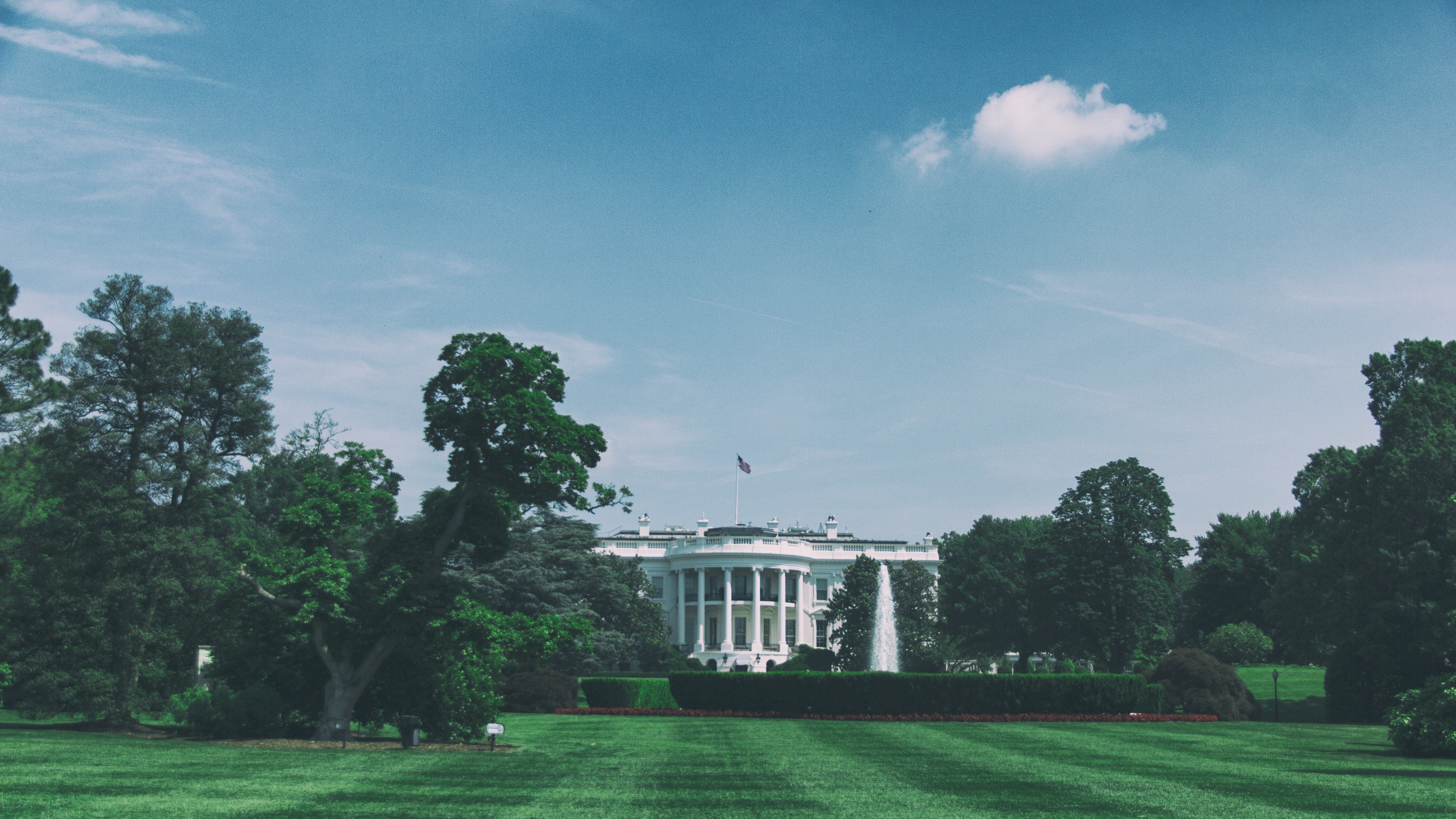On Tuesday (November 13) European Union (EU) finance ministers will address the European Commision (EC) proposal for all-public funding of the Galileo program.
The proposal announced by the EC in September would use the 2007 and 2008 budgetary reserves for agriculture and administration — totaling about €2.5 billion — to augment a €1-billion Galileo allocation already in place. European transport ministers will take up the issue again in December.
On Tuesday (November 13) European Union (EU) finance ministers will address the European Commision (EC) proposal for all-public funding of the Galileo program.
The proposal announced by the EC in September would use the 2007 and 2008 budgetary reserves for agriculture and administration — totaling about €2.5 billion — to augment a €1-billion Galileo allocation already in place. European transport ministers will take up the issue again in December.
Subject to criticism from several EU governments, the EC’s plan calls for designation of the European Space Agency as the design authority that would let contracts for construction of the 30-satellite constellation and ground-based facilities.
Eight years after a strategic initiative was launched to forge a public-private partnership (PPP) — substantially delaying progress on the project — the United Kingdom and The Netherlands continue to back a PPP approach, urging further cost comparisons of PPP, public procurement, and operating concession solutions. A UK parliamentary transportation select committee recommended that the nation not support Galileo without further discussion and a unanimous decision of the European Council.
In 1999 Neil Kinnock, then the EC Transportation Commissioner and former leader of the UK Labor Party, advanced the PPP concept following the report of an EC Galileo Task Force on Public Private Partnership. The approach was adopted by the European Council of Heads of State and Government in December 2000.
Earlier this year both EC and industry representatives agreed that a concession contract appeared impossible because of disagreements over risk-sharing associated with the program. Under the PPP approach, private industry would have contributed two-thirds of the cost of building Galileo in return for a 20-year contract under which they would receive revenues derived from operation of the system.
Meanwhile, German Chancellor Angela Merkel and French President Nicholas Sarkozy reasserted their countries support for the project today (November 12), despite difference over how it should be funded.
“We have agreed that we don’t want to put it off. We’re deeply convinced that Europe needs this system,” Merkel said at a press conference with Sarkozy.
“It’s a major strategic target for Europe and we want it to happen as soon as possible,” Sarkozy added.
The European parliament has also backed increased funding for Galileo.





